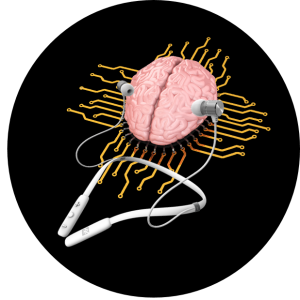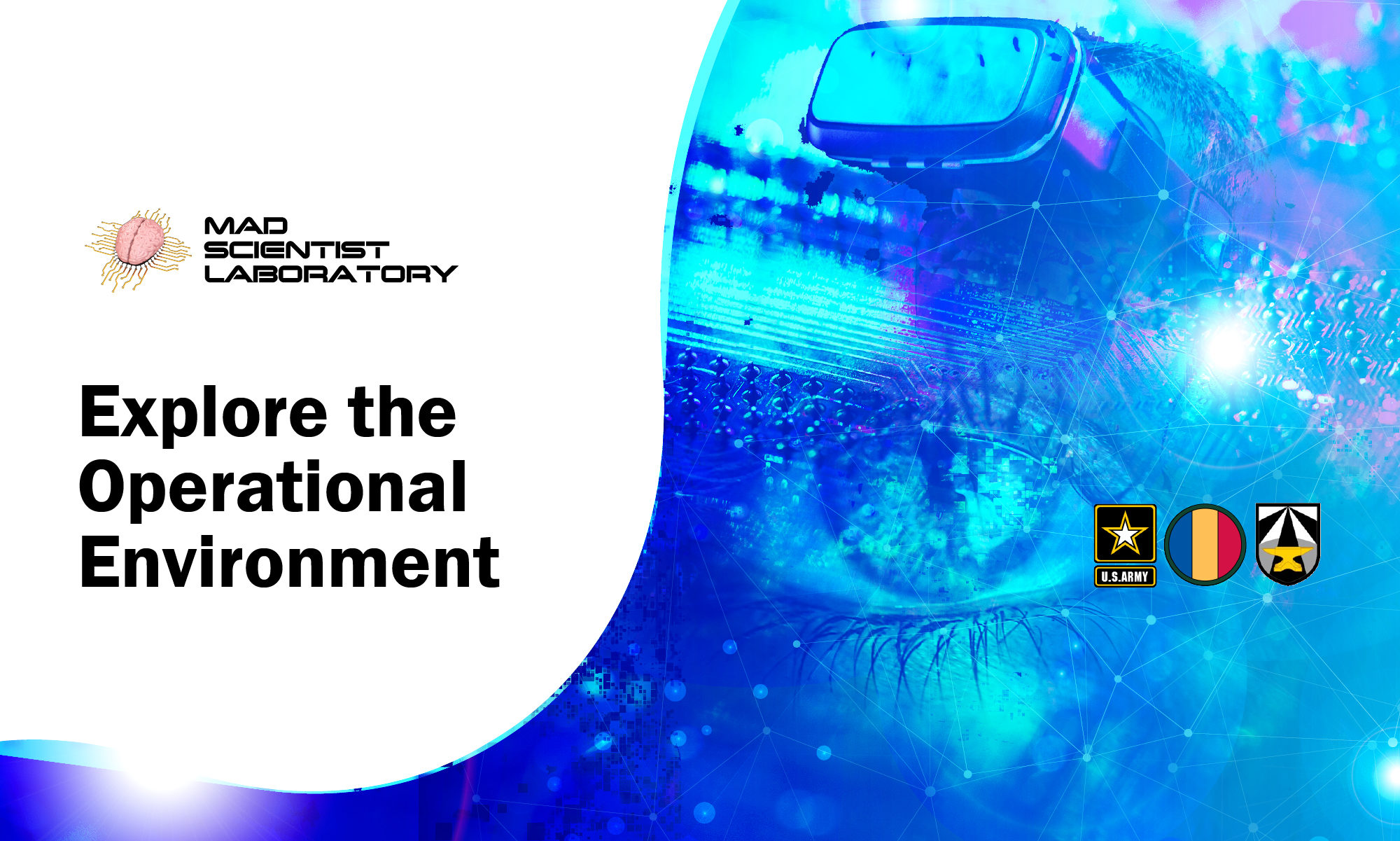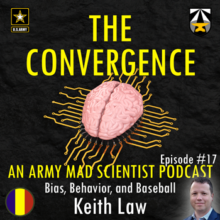[Editor’s Note: Mad Scientist Laboratory is pleased to announce our latest episode of “The Convergence” podcast, featuring proclaimed Mad Scientist Keith Law, author and Senior Baseball Writer with The Athletic, discussing the parallels between baseball and the Information Environment, how stats skew our thinking, and the implications of anchoring bias. Please note that this podcast and several of the embedded links below are best accessed via a non-DoD network due to network priorities for teleworking — Enjoy!]
 In this latest episode of “The Convergence,” we talk with Keith Law, Senior Baseball Writer at The Athletic, which he joined in January 2020 after spending thirteen and a half years at ESPN. Before joining ESPN.com in June 2006, Keith spent just over four years as the Special Assistant to the GM of the Toronto Blue Jays, and prior to that had written for Baseball Prospectus. Keith Law is the author of Smart Baseball: The Story Behind the Old Stats That Are Ruining the Game, the New Ones That Are Running It, and the Right Way to Think About Baseball, published in April 2017; and The Inside Game: Bad Calls, Strange Moves, and What Baseball Behavior Teaches Us About Ourselves, published in April of this year.
In this latest episode of “The Convergence,” we talk with Keith Law, Senior Baseball Writer at The Athletic, which he joined in January 2020 after spending thirteen and a half years at ESPN. Before joining ESPN.com in June 2006, Keith spent just over four years as the Special Assistant to the GM of the Toronto Blue Jays, and prior to that had written for Baseball Prospectus. Keith Law is the author of Smart Baseball: The Story Behind the Old Stats That Are Ruining the Game, the New Ones That Are Running It, and the Right Way to Think About Baseball, published in April 2017; and The Inside Game: Bad Calls, Strange Moves, and What Baseball Behavior Teaches Us About Ourselves, published in April of this year.
In today’s podcast, Keith Law discusses the parallels between baseball and the Information Environment, how stats skew our thinking, and the implications of anchoring bias:
-
-
- The brain develops cognitive biases to manage extensive information. These biases lead information consumers to draw false conclusions and ignore conflicting data.
-
-
-
- Anchoring bias occurs when the brain latches onto the first piece of information, even if it is irrelevant to what you are working on.
-
-
-
- Creating radical change in a large, traditional organization, like the Army or a sports team, is best done through an individualized grassroots effort. Radical change, especially from people new to the organization, does not usually “win hearts and minds.”
-
-
-
- Information environments are full of persistent yet harmful beliefs. These need to be addressed, as those with these beliefs are often more aggressive about promoting their viewpoints.
-
-
-
- “Credibly foolish beliefs” benefit from a “first mover” advantage. These irrational narratives are rarely challenged by peers. Once these fallacies are adopted, they are difficult to let go.
-
-
-
- Data collection tools are becoming democratized, leading to individuals having more agency over information.
-
-
-
- To become a better writer, future analysts should work to become better readers, especially when it comes to reading books and articles outside the genre they write in. For people with a STEM background, being able to write well provides a personal competitive advantage for future employment.
-

Stay tuned to the Mad Scientist Laboratory for our next podcast with proclaimed Mad Scientist Dr. Claire Nelson, futurist, engineer, and activist, discussing a smart futures approach to forecasting, technologies and science in small island nations, and positive impacts on the future on 3 Sep 2020!
If you enjoyed this post, check out the video from Keith Law‘s presentation on Decision Making, delivered during our Mad Scientist Weaponized Information Virtual Conference on 21 July 2020 [view using a non-DoD network, as YouTube videos are being blocked to preserve DoD bandwidth for teleworking].
You can watch all of the other presentations from this Summer’s series of Mad Scientist Weaponized Information Virtual Events here [via a non-DoD network] and explore all of the associated content (presenter biographies, slide decks, scenarios, and notes from each of the presentations) here.
Check out these related posts:
Some Thoughts on Futures Work for the Military Professional (Parts I and II) by Dr. Nick Marsella
AI Enhancing EI in War, by MAJ Vincent Dueñas



